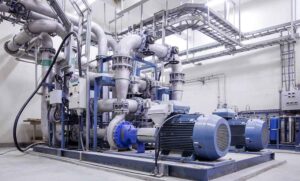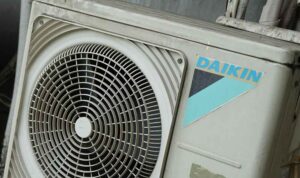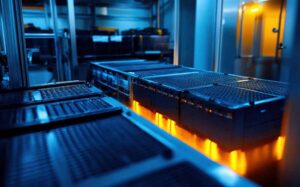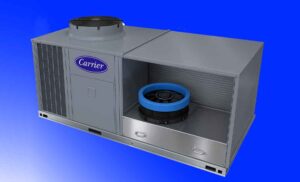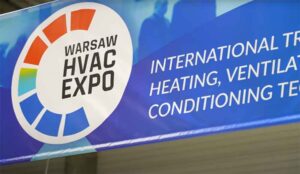Seeking heat pump solutions for food and drink industry
4th November 2025
BELGIUM: A newly launched EU-funded project aims to accelerate the decarbonisation of Europe’s food and drink industry by developing standardised heat pump solutions.
The three-year EXQUISHEAT project, which brings together nine partners from six European countries, expects to identify where heat pumps can deliver the greatest efficiency gains in the food and drink sector and develop replicable solutions ready for market adoption.
With its significant heat demand, waste heat potential, and continuous production cycles, the food industry is seen as one of the most promising sectors for heat pump integration.
The EXQUISHEAT project is co-funded by the LIFE Clean Energy Transition Programme. Project partners are Veolia, Dr Jacob Energy Research, the European Heat Pump Association, National Energy Conservation Agency, GEA Refrigeration Technology, AIT Austrian Institute of Technology, Food-Processing Initiative, Asociacion Cluster Alimentario de Galicia and Clivet.
The project will analyse industrial processes to determine where heat pump integration can provide the most impact. This will enable the consortium to design standardised solutions for four main applications – sanitation and hot water, pasteurisation, evaporation and concentration, and refrigeration and cooling.
Partners will also carry out awareness-raising and stakeholder engagement activities, organising workshops and interviews with food industry representatives and heat pump suppliers. These exchanges are expected to help identify market barriers and co-create solutions that address real industrial needs.
It will also establish a European roundtable to promote dialogue between the food industry and heat pump manufacturers, laying the foundation for lasting cooperation and innovation.
To ensure long-term impact, the project will also develop business models, replication studies, and user-friendly tools – including practical guidelines and an online checklist to help companies assess the feasibility of integrating heat pumps into their processes.


